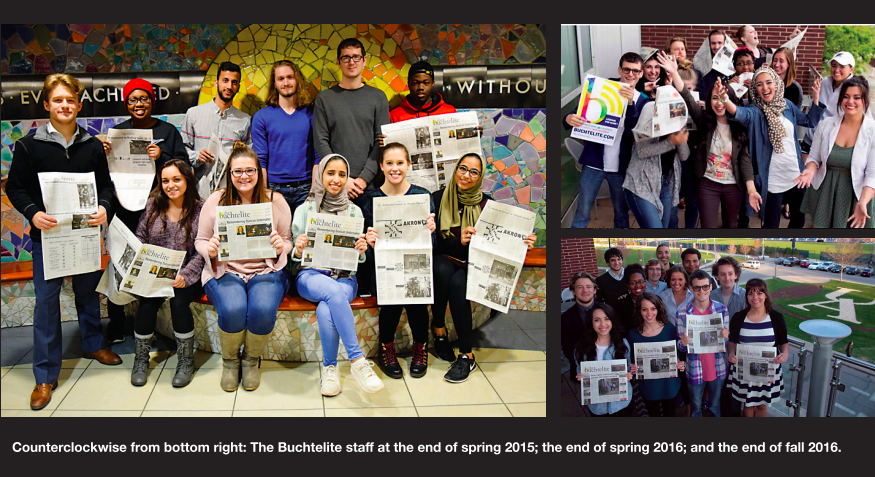“Everybody can probably name some free file-sharing programs off the top of their heads. Kazaa, Ares, Morpheus, BitTorrent, BitLord, the old Napster, Soulseek and Limewire are among the more popular ones today. Everybody that can name them probably has used at least one of them.”
“
Everybody can probably name some free file-sharing programs off the top of their heads. Kazaa, Ares, Morpheus, BitTorrent, BitLord, the old Napster, Soulseek and Limewire are among the more popular ones today. Everybody that can name them probably has used at least one of them.
Yet, file-sharing is still illegal. Ask Jammie Thomas, a woman from Minnesota who was recently taken to court for file-sharing crimes. The resulting $222,000 fine also serves as proof that people who use file-sharing programs are not being ignored by the Record Industry Association of America, which acts as a watchdog for copyright law.
We rarely hear of someone being taken to court for file-sharing, but when we do, it’s evident that the recording industry isn’t playing around. Especially when that $222,000 is the result of making only 24 songs available through peer-to-peer programs.
Still, stories of those who have been made an example of are not enough to deter people from programs like Kazaa. Many people do it and very few get caught. Plus, why would we want to pay for music when we can get it for free?
Okay, file-sharing is illegal, we can’t debate that. What doesn’t make sense is the punishment. After all, Thomas probably can’t pay such a hefty fine.
And how did the jury come up with that amount anyway? The RIAA didn’t have to prove how many people downloaded the songs that she made available.
If that’s true, how did they determine how much damage was done? Don’t we live in a country where punishment is supposed to fit the crime committed, and fines such as these are intended to help the plaintiff (the RIAA in this case) recover to a state prior to when the damages were experienced?
It doesn’t make sense to award them $222,000 when the actual damages were probably much less than that. Not until they come up with a way to objectively determine how much damage was done should they be able to fine people.
Next comes the issue of who should really be the one that is getting fined. There are millions of people using file-sharing programs for illegal music sharing, but only a few get prosecuted.
How does the RIAA choose who gets singled out? It’s as if they pick people out at random, the same way the lottery works. Anyone who shares music buys their lottery ticket and the winner gets sued. It seems kind of discriminatory and ineffective.
As if choosing a few victims is going to deter the millions that get away with it. The least they could do is be consistent with the law’s application.
Also, Thomas was merely using a service that was already available. If file-sharing programs weren’t easily accessible, nobody could commit the crime.
That being said, it sounds as if the RIAA is going after the wrong people. Go after the companies or individuals who pioneer such programs, bankrupt them, destroy the program, prevent future crimes. Make the programs illegal. Currently, the makers depend on a loophole: users control the content shared. Before using the programs, users agree not to share copyrighted material.
Making these programs illegal seems intuitive, but that’s not what’s happening. Allowing the programs to exist only tempts users. Fining those who use them the cost of a new house amounts to using them as guinea pigs.
In the end, you probably won’t get caught for file-sharing. Whether or not you want to play the lottery is up to you.
“

